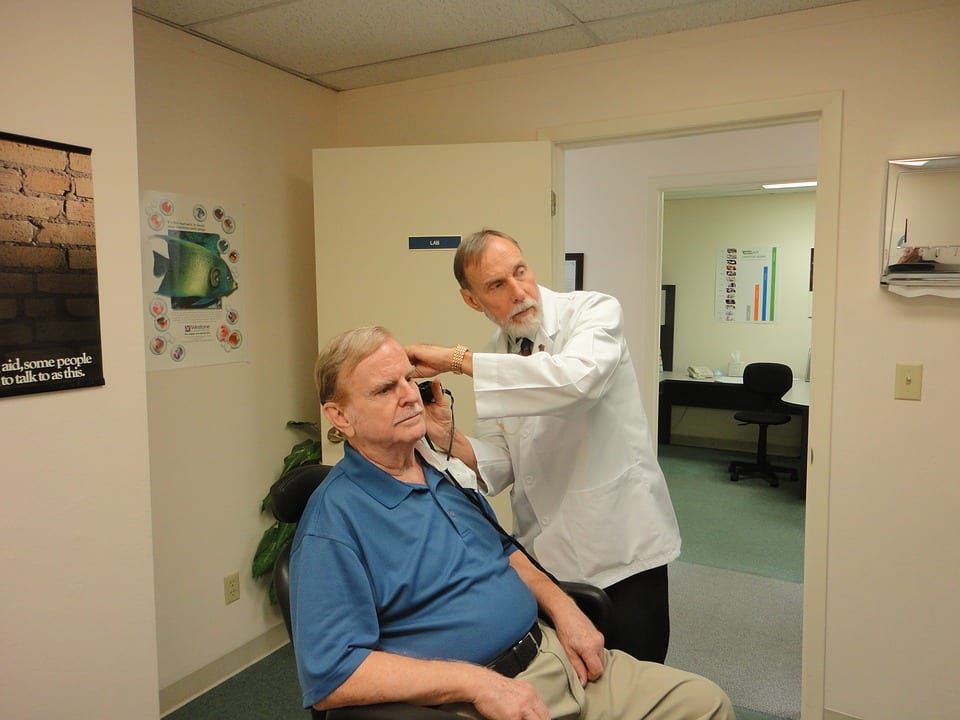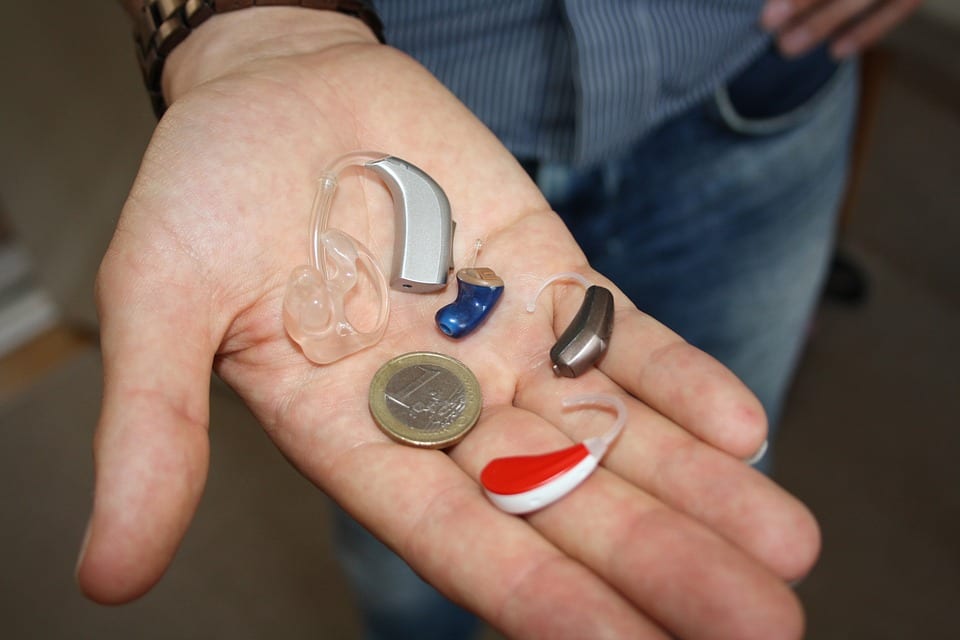By age 40, an estimated 1 in 10 adults experience some hearing loss, but it happens gradually enough that many people don’t realize what they’re missing until things have gotten fairly severe. Even when people do realize that they’re not hearing things the way they used to, there are factors that make it difficult to get the help they need.
For one thing, hearing aids are expensive — around $4,500 for upper end models — and insurance plans don’t typically cover all of the costs (some don’t cover anything, and Medicare falls into that group as well).

Photo Credit: Pixabay
For another, hearing aids can make people feel “old,” and often we only give in and try them after months or years of insistence by frustrated loved ones. Audiologist Dina Rollins fits people with hearing aids regularly and says that if vanity is stopping you, it shouldn’t, because technology has improved in recent years making hearing aids much less noticeable.
But here’s an even better reason not to put off taking care of your hearing issues: doing so can accelerate or amplify age-related cognitive decline.
Recent research monitored 2,000 older adults in the United States both before and after they had begun to use hearing aids from 1996 to 2014, and found there’s a strong relationship between being able to hear and being mentally sharp.

Photo Credit: Pixabay
“We found the rate of cognitive decline was slowed by 75% following the adopting of hearing aids,” reports Asri Maharani, the University of Manchester author of the paper. “It’s a surprising result.”
The study’s findings were published in the Journal of American Geriatrics Society. Piers Dawes, another of the study’s authors, also expressed surprise at the outcomes.
“We weren’t expecting that hearing aid use would eliminate cognitive decline. That’s just not going to happen because age-related decline is inevitable, but the reduction in the rate of change is quite substantial. It’s a very intriguing finding.”

Photo Credit: Pixabay
In short, hearing loss and cognitive decline appear to be strongly linked, likely because stimulating your ears stimulates the nerves that stimulate your brain. Not only that, but it helps keep older people socially engaged, which can also help with cognitive clarity.
Vision loss is another common factor in aging adults, and a companion study in England found and published similar results regarding people who received cataract surgery and those who did not. Their rate of cognitive decline was slowed by 50% following cataract surgery.
There are many other factors that play into cognitive decline as we age, but these two studies should make you think twice about putting your need to appear young over your ability to actually stay that way — at least from the neck up.






